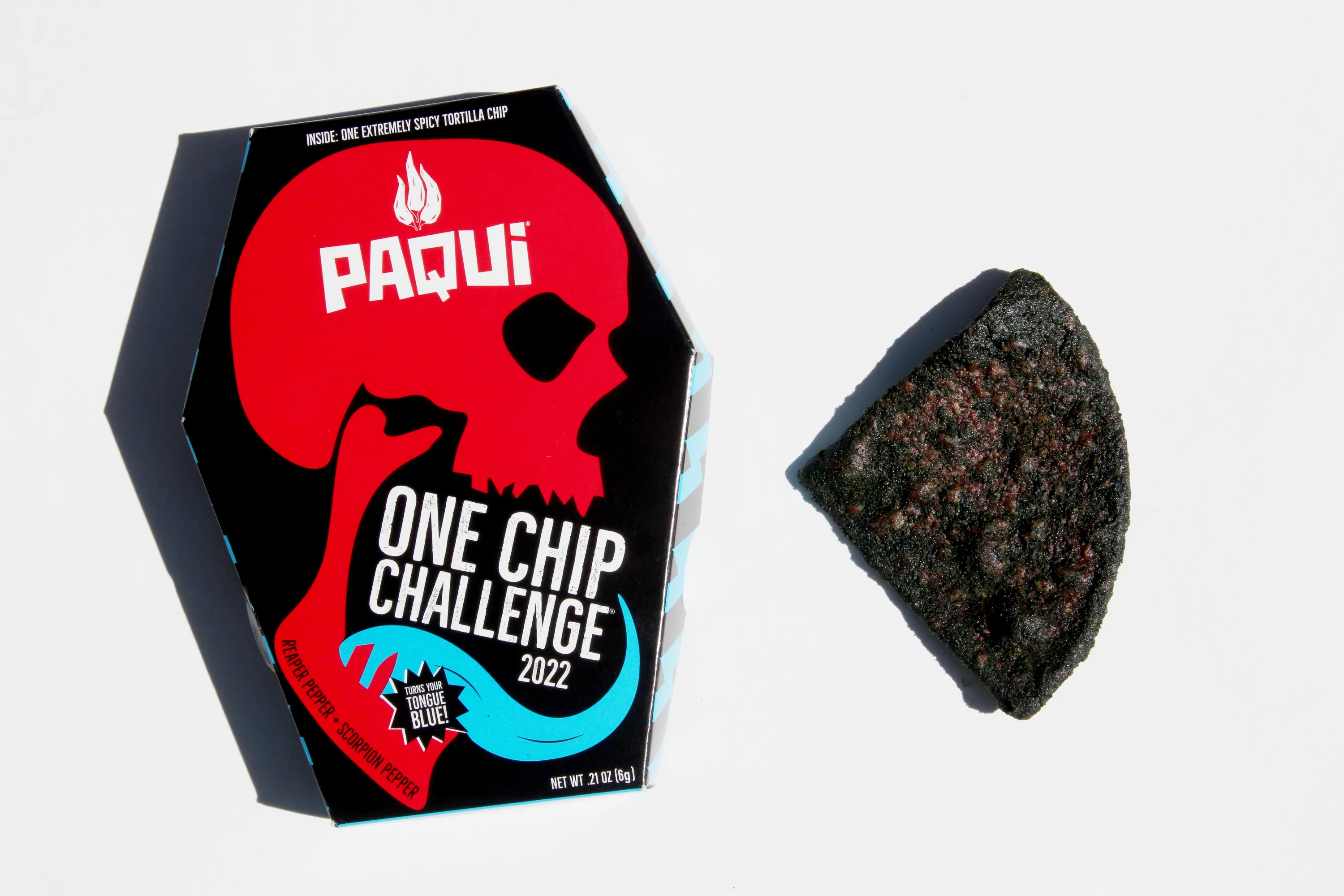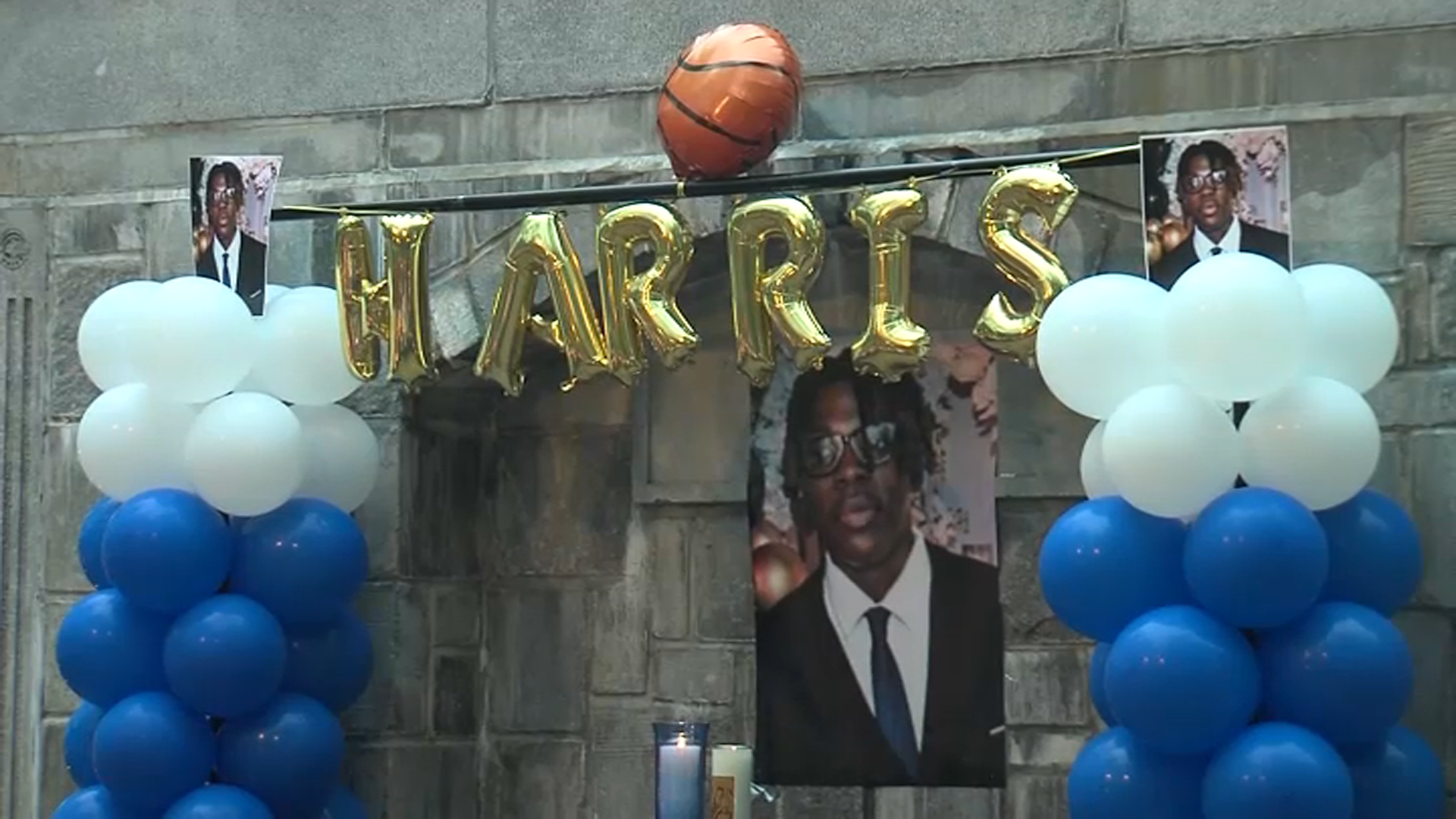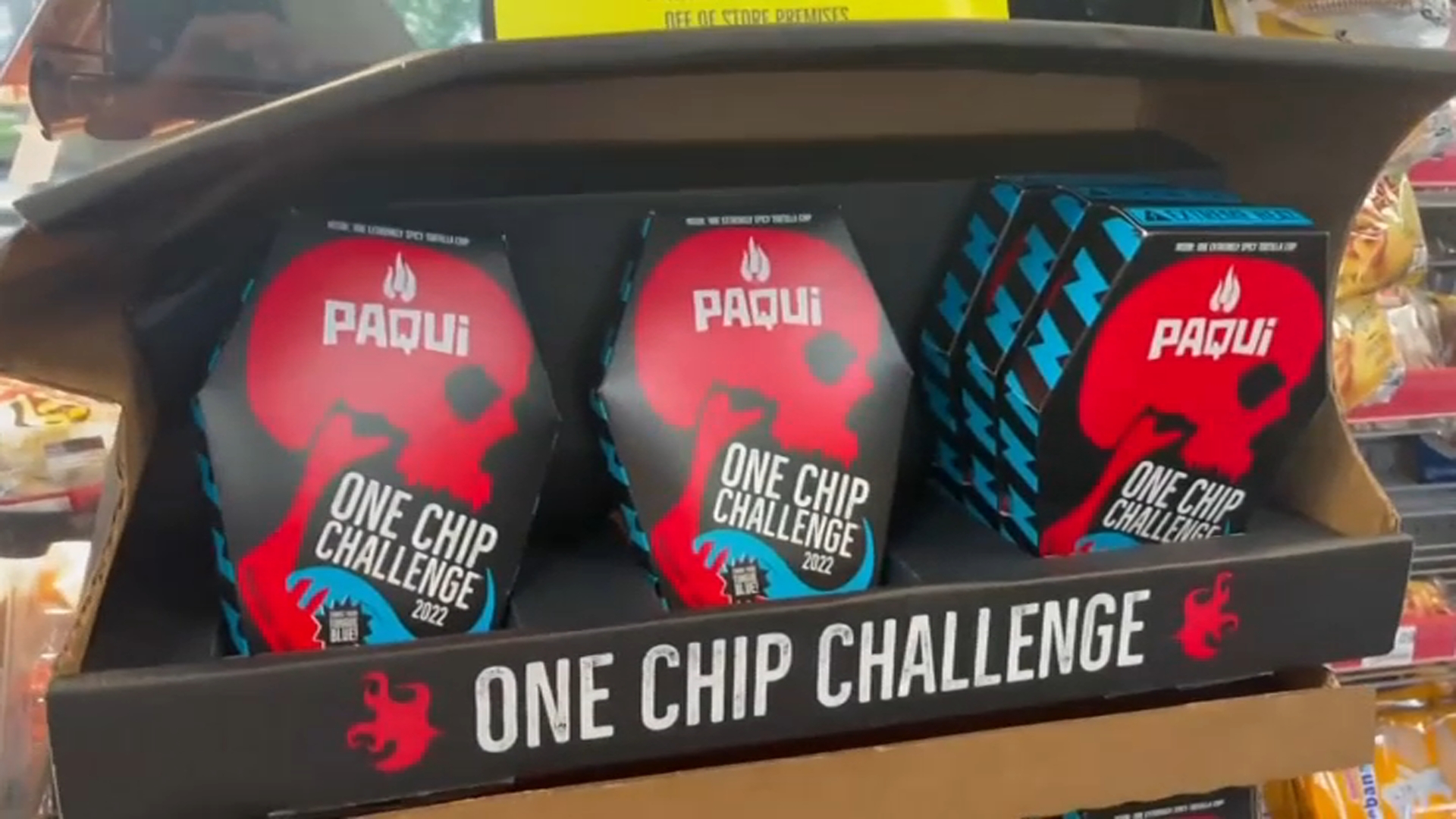
The family of a Worcester, Massachusetts, teenager who died last year after participating in a spicy food trend known as the One Chip Challenge is filing a lawsuit over his death, their lawyers said Wednesday.
Harris Wolobah died Sept. 1, 2023, after eating the chip, made by Paqui, and an autopsy later found the 14-year-old sophomore at Worcester's Doherty Memorial High School died from ingesting a substance containing a high amount of the chili pepper extract capsaicin.
STAY IN THE KNOW
Watch NBC10 Boston news for free, 24/7, wherever you are. |
|
Get Boston local news, weather forecasts, lifestyle and entertainment stories to your inbox. Sign up for NBC Boston’s newsletters. |
A lawsuit "concerning the wrongful and tragic death of Harris Wolobah" was set to be filed in Suffolk Superior Court, according to a statement from lawyers with the firm Sheff & Cook, who planned a news conference for 11 a.m. Thursday in Boston. They said representatives of the Wolobah family were set to attend.
"The Wolobahs hope that this case, which could have national and even international implications, will send a message to all who would market dangerous products, especially utilizing social media, to children," the statement said.
329 medal events. 32 sports. Endless drama. Catch all the action at the Paris Olympics. Sign up for our free Olympics Headlines newsletter.
It wasn't immediately clear who would be named in the lawsuit.
Paqui pulled the product from store shelves shortly after Harris’ death. After the findings of the autopsy were released in May, the company, a subsidiary of Hershey Co., released this statement, noting the product was labeled as being for adults only:
We were and remain deeply saddened by the death of Harris Wolobah and extend our condolences to his family and friends. Paqui’s One Chip Challenge was intended for adults only, with clear and prominent labeling highlighting that the product was not for children or anyone sensitive to spicy foods or with underlying health conditions. We saw increased reports of teens and other individuals not heeding these warnings. As a result, while the product adhered to food safety standards, out of an abundance of caution, we worked with retailers to voluntarily remove the product from shelves in September 2023, and the One Chip Challenge has been discontinued.
NBC10 Boston reached out to Paqui after the lawyers' announcement Wednesday.
In their statement Wednesday, Sheff & Cook lawyers said the chip was easy to purchase at a Walgreens in the Worcester area, and Harris died within hours of consuming it.
Before the autopsy's results were filed, Harris' mother had confirmed to NBC10 Boston that the family believed he died of complications from the One Chip Challenge.
The autopsy also said that Wolobah had cardiomegaly, meaning an enlarged heart, and a congenital defect described as “myocardial bridging of the left anterior descending coronary artery.”
A myocardial bridge occurs when a segment of a major artery of the heart runs within the heart muscle instead of on its surface, according to Dr. James Udelson, chief of cardiology at Tufts Medical Center.
“It is possible that with significant stimulation of the heart, the muscle beyond the bridge suddenly had abnormal blood flow ('ischemia') and could have been a cause of a severe arrhythmia,” Udelson told The Associated Press in an email at the time. “There have been reports of acute toxicity with capsaicin causing ischemia of the heart muscle.”
Large doses of capsaicin can increase how the heart squeezes, putting extra pressure on the artery, noted Dr. Syed Haider, a cardiologist at MedStar Washington Hospital Center.
But while the autopsy results suggest that a heart defect probably made Harris more vulnerable to the negative effects of the chile pepper extract, people without underlying risk factors can also experience serious heart problems from ingesting large amounts of capsaicin, Haider said.
Udelson and Haider both spoke in general terms; neither was involved in Harris' case.
The cause of Harris' death was determined on Feb. 27, and a death certificate was released to the Worcester city clerk’s office on March 5, according to Elaine Driscoll, a spokesperson for the Massachusetts Executive Office of Public Safety and Security. The state only released the cause and manner of death. Officials will not release a full report, which is not considered part of the public record, she said.
The Paqui chip, sold individually for about $10, came wrapped in foil in a coffin-shaped box containing the warning that it was intended for the “vengeful pleasure of intense heat and pain.” The warning noted that the chip was for adult consumption only, and should be kept out of the reach of children.
Despite the warning, children had no problem buying the chips, and there had been reports from around the country of teens who got sick after taking part in the chip-eating challenge. Among them were three California high school students who were taken to a hospital and seven students in Minnesota who were treated by paramedics after taking part in the challenge in 2022.
Harris’ death spurred warnings from Massachusetts authorities and physicians, who cautioned that eating such spicy foods can have unintended consequences. Since the chip fad emerged, poison control centers have warned that the concentrated amount could cause allergic reactions, trouble breathing, irregular heartbeats and even heart attacks or strokes.
The challenge called for participants to eat the Paqui chip and then see how long they could go without consuming other food and water. Sales of the chip seemed largely driven by people posting videos on social media of them or their friends taking the challenge. They showed people, including children, unwrapping the packaging, eating the chips and then reacting to the heat. Some videos showed people gagging, coughing and begging for water.




